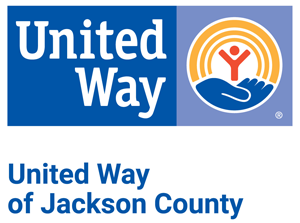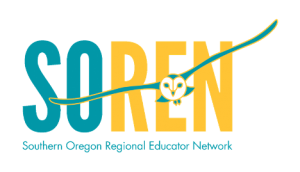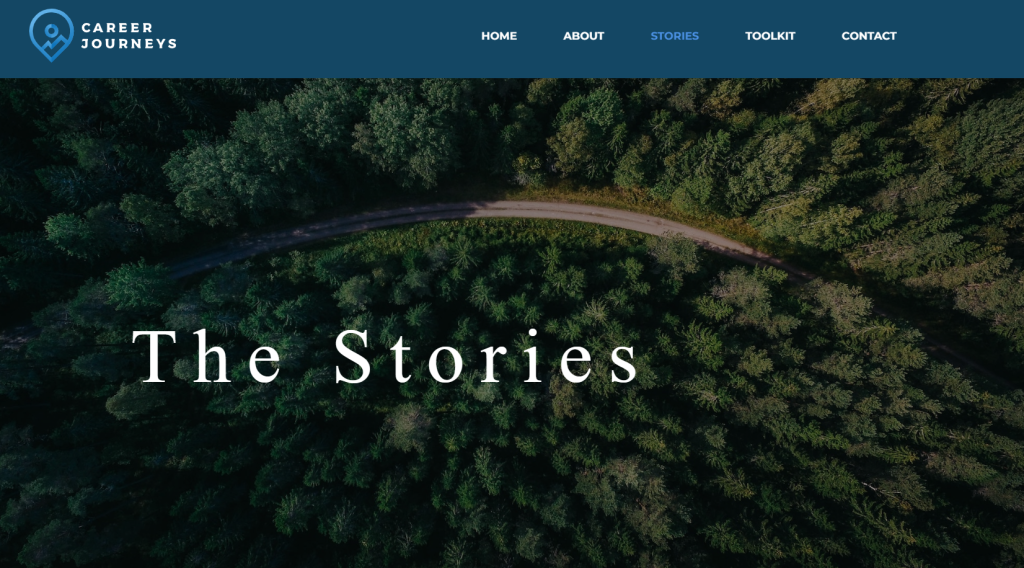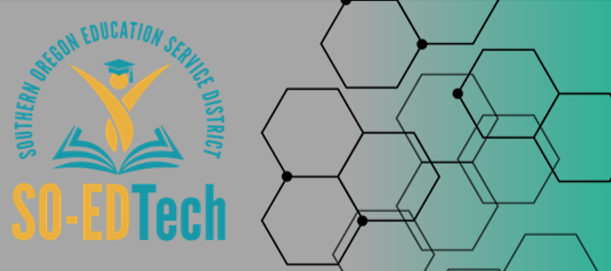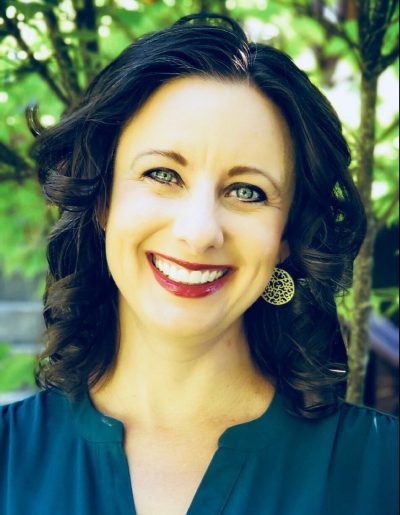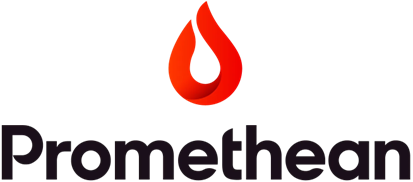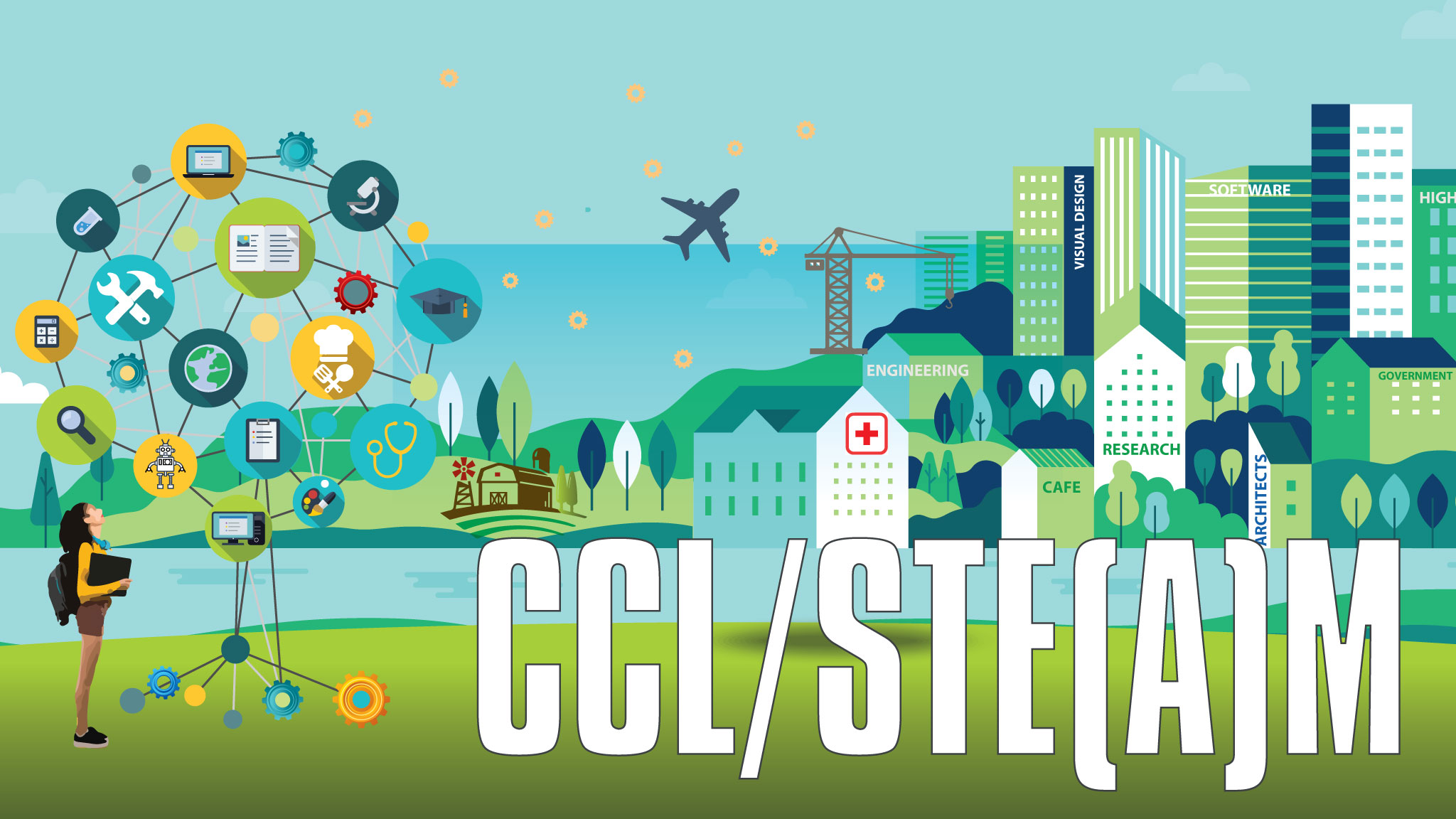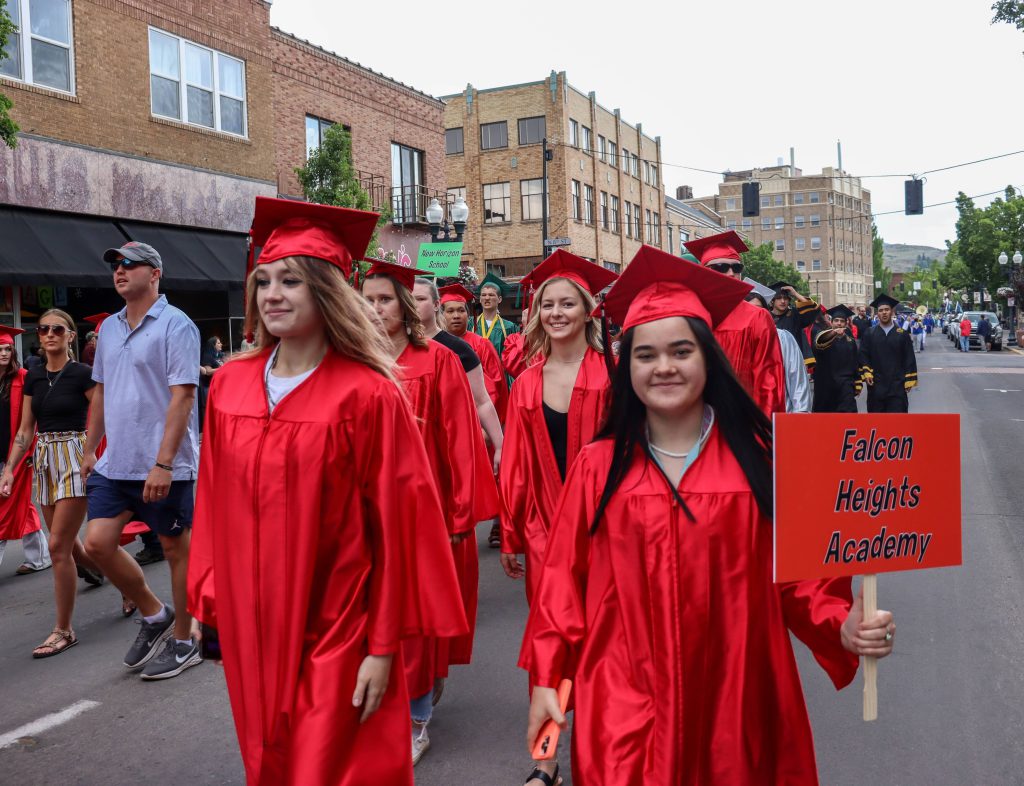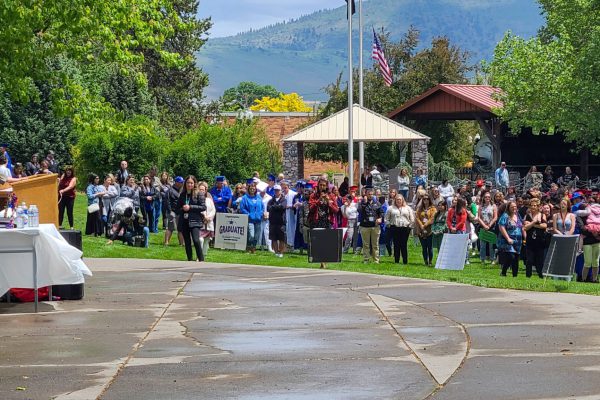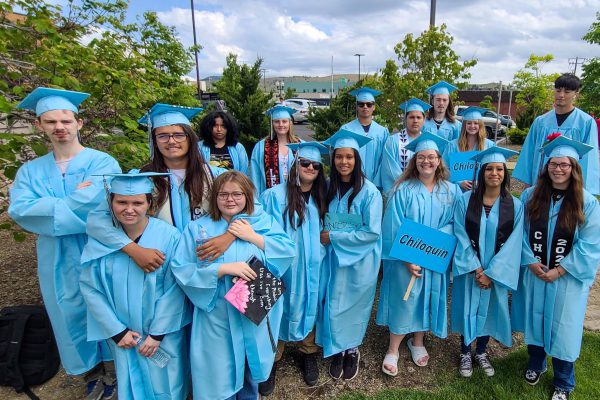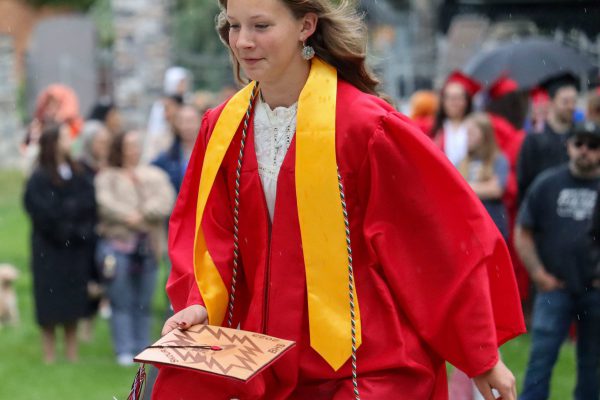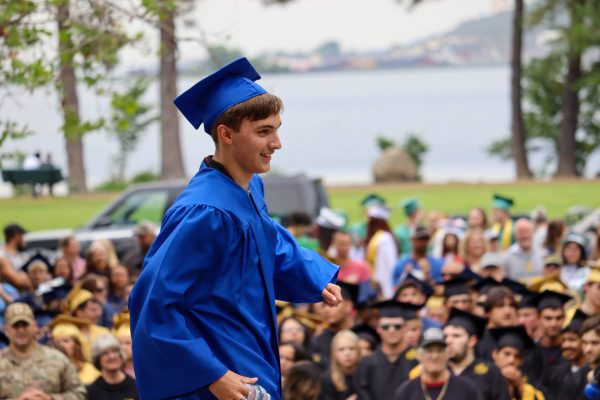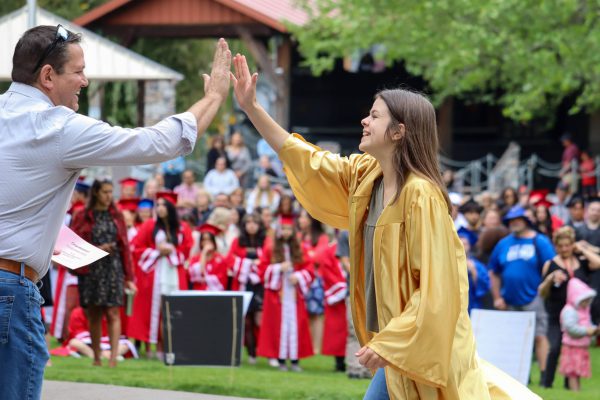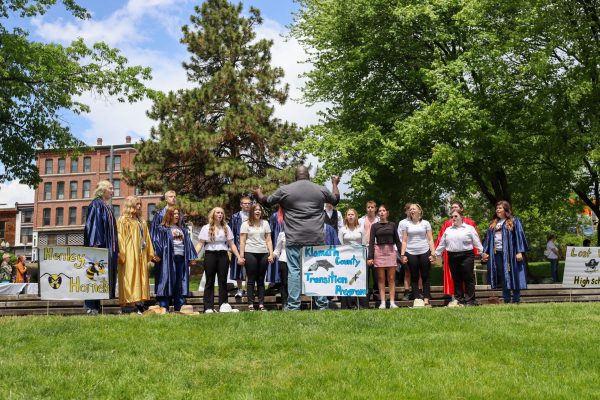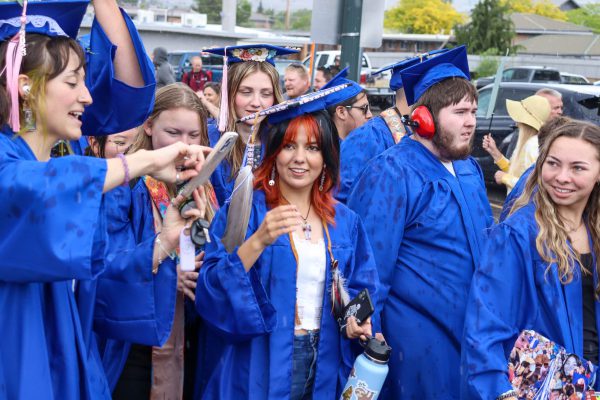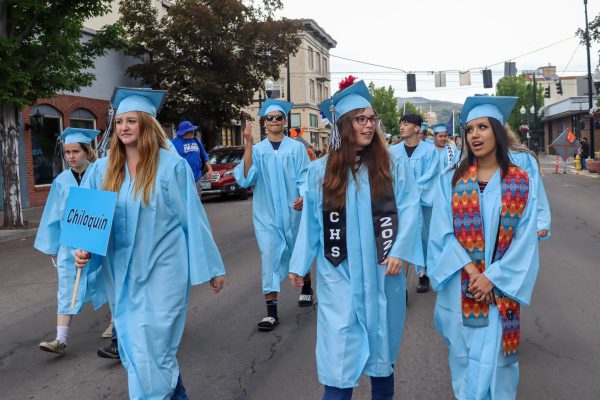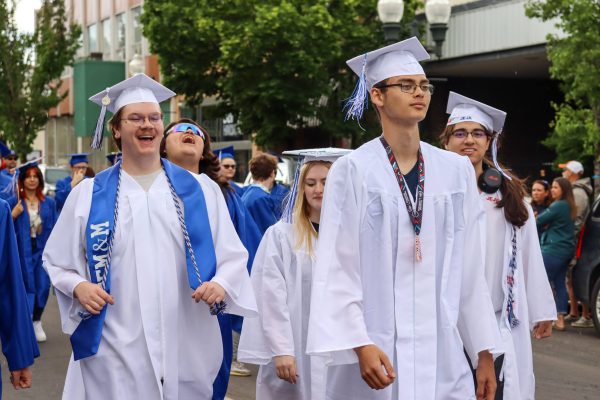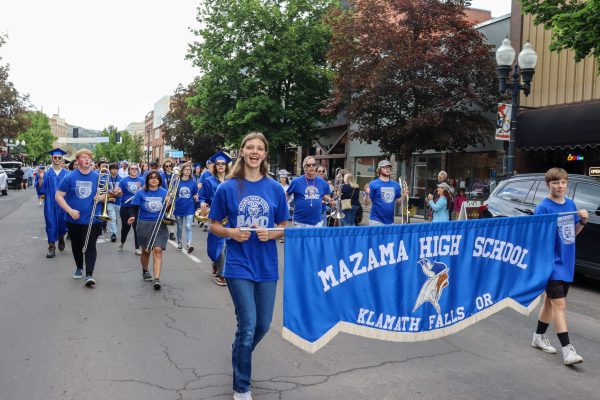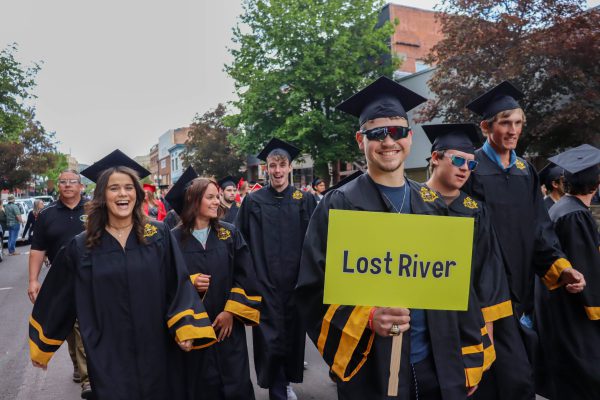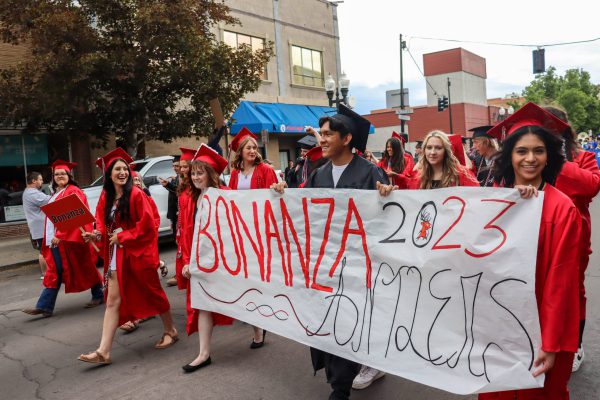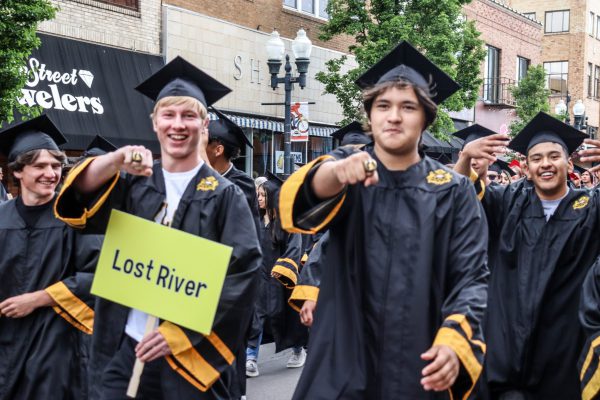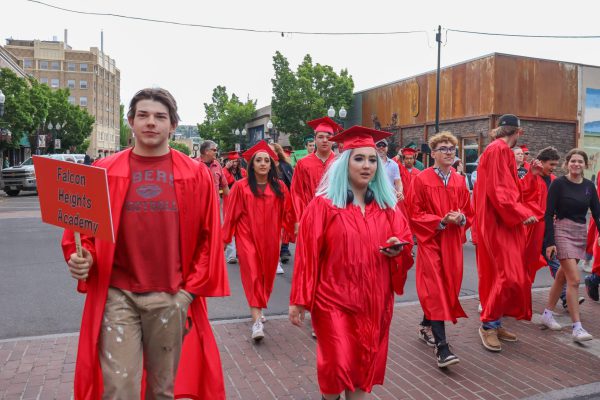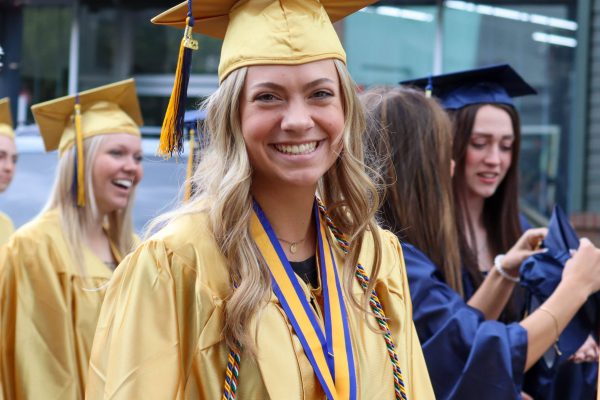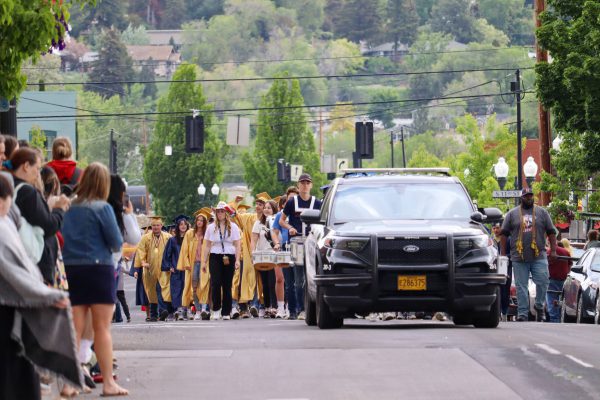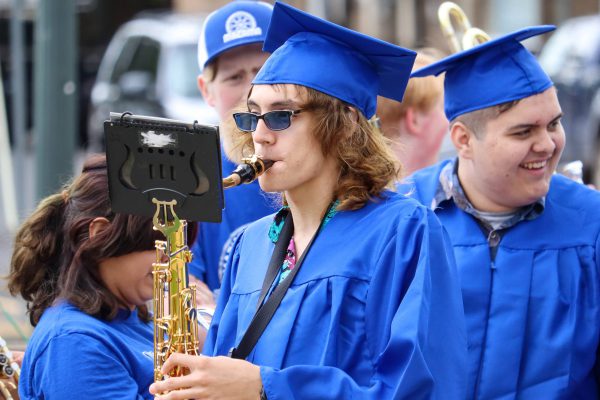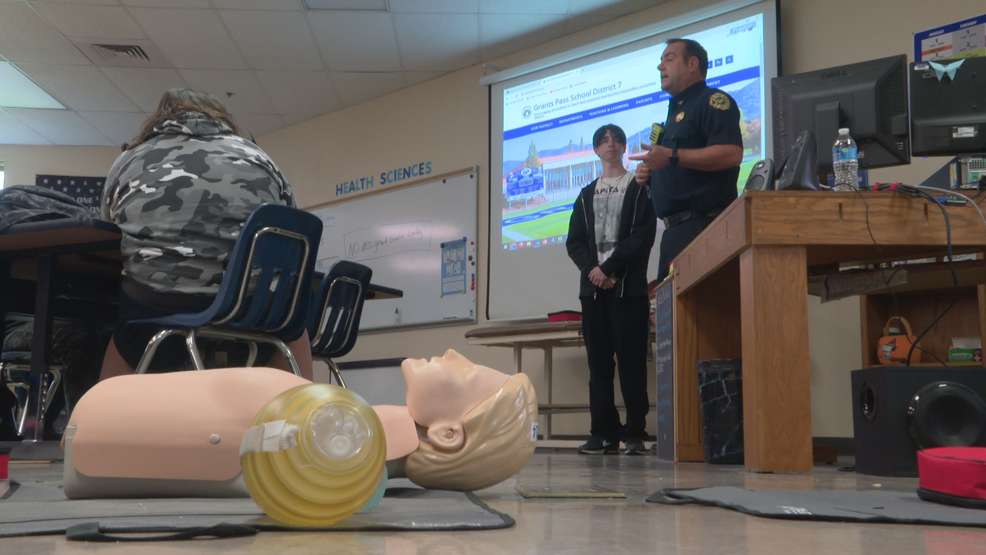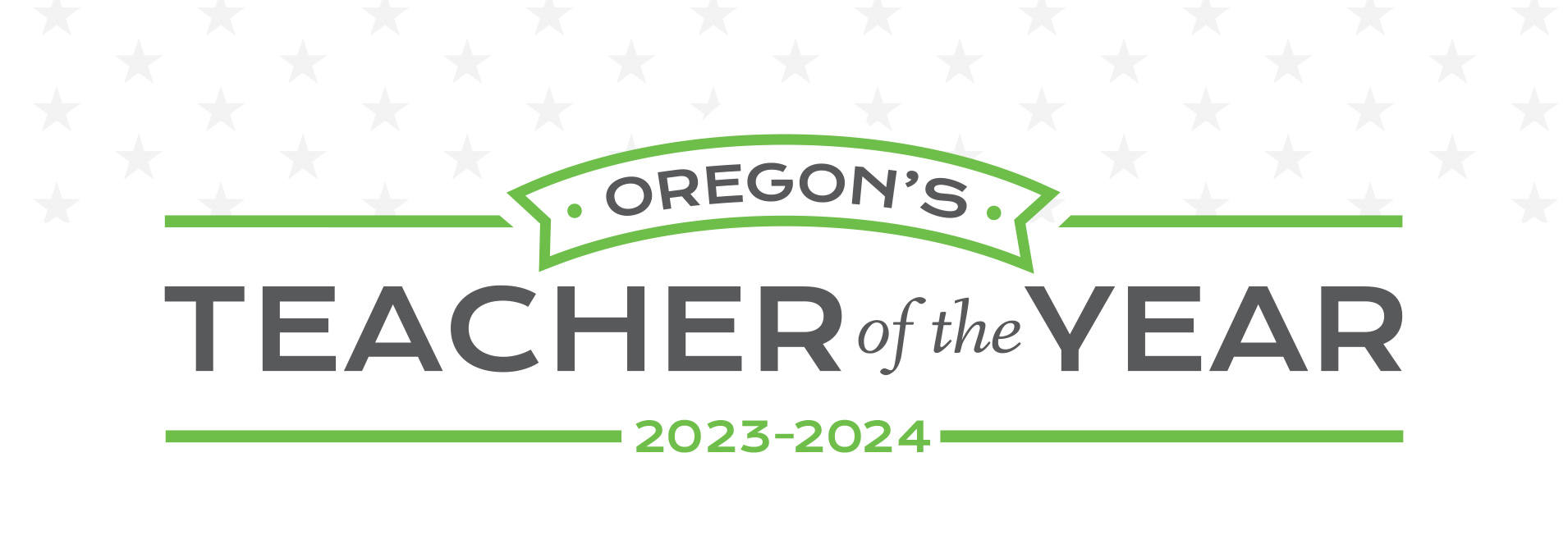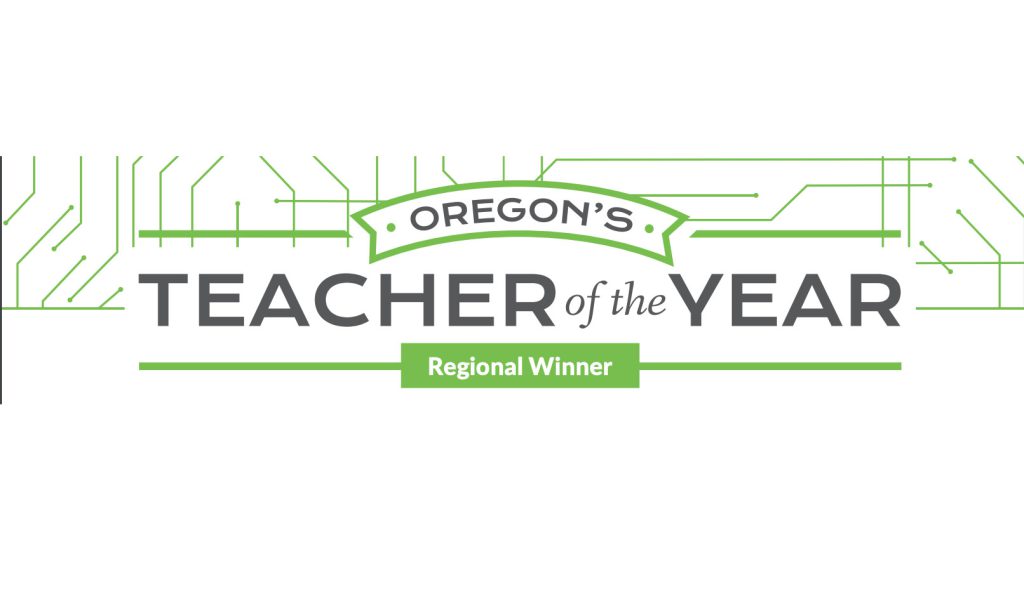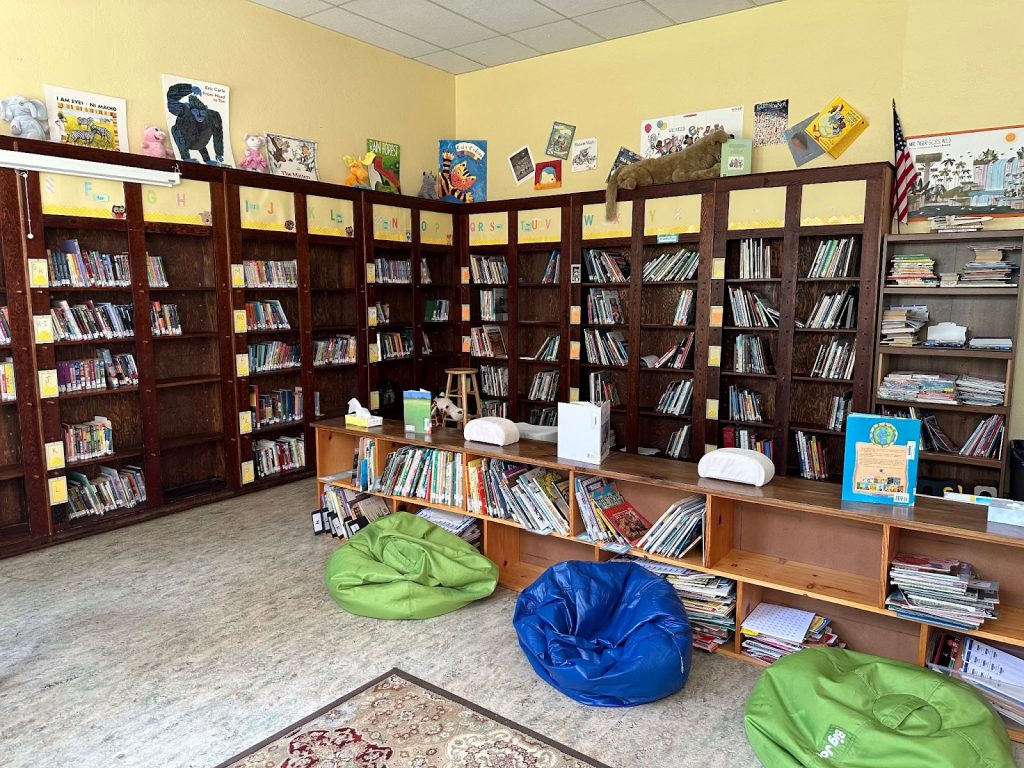
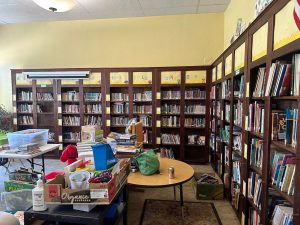
Pinehurst Library pre-revitalization, with shelves jammed full of many outdated and unappealing books.
Pinehurst School renovated their library over the summer, thanks to a grant from the Oregon Department of Education (ODE), removing hundreds of shabby and outdated books.The school is now adding many brand-new and diverse titles to the shelves and cataloging the collection using the newly implemented Destiny library software.
“We are so grateful for the opportunity to give our library a sorely needed makeover,” said District Administrator Deirdre Barber. “In a few short months, the library has gone from an unused room to a place where children are choosing and reading books! It’s made everyone at Pinehurst so happy.”
The school received one of the 86 ESSER III grants to school districts, $10,000 for revitalizing their
school library. The grants were part of the pandemic recovery funds and could be spent on books, staff time to process them, and updated furnishing.
With advice from one of SOESD’s consulting librarians, Miranda Doyle, staff at the tiny rural school first went through the collection to weed books that were no longer appealing or useful. Many books were decades old and in poor condition, with information that was out of date.
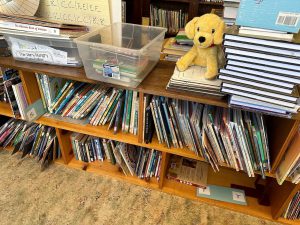 Removing these books to leave the ones of current interest made a huge difference. Instead of packed but unappealing shelves, the library now has more space to display book covers and for browsing the much improved collection. Students and staff will also be able to use the Destiny catalog to look up and locate books, and to borrow them.
Removing these books to leave the ones of current interest made a huge difference. Instead of packed but unappealing shelves, the library now has more space to display book covers and for browsing the much improved collection. Students and staff will also be able to use the Destiny catalog to look up and locate books, and to borrow them.
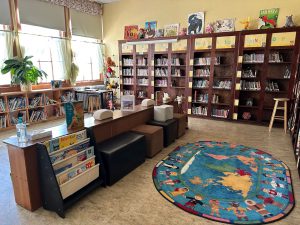
Pinehurst Library after the weeding project, with more engaging books and furniture, an appealing atmosphere, and with room to display book covers and for browsing the shelves.
The bulk of the grant goes to ordering new books, from award winners to popular series titles. Picture books, beginning readers, graphic novels and award-winning fiction are all part of the revitalization. The library is now more accessible, students will be more engaged with reading, and the collection reflects the students and the wider community.
Instructional Assistant Desiree Elder also praised the changes to the library.. “Our newly renovated and updated library is not just a room with books: it’s a gateway to knowledge, a haven for imagination, and a treasure trove of endless possibilities for our community children.”
For more information on the grants, see School Library Revitalization Grant webpage.

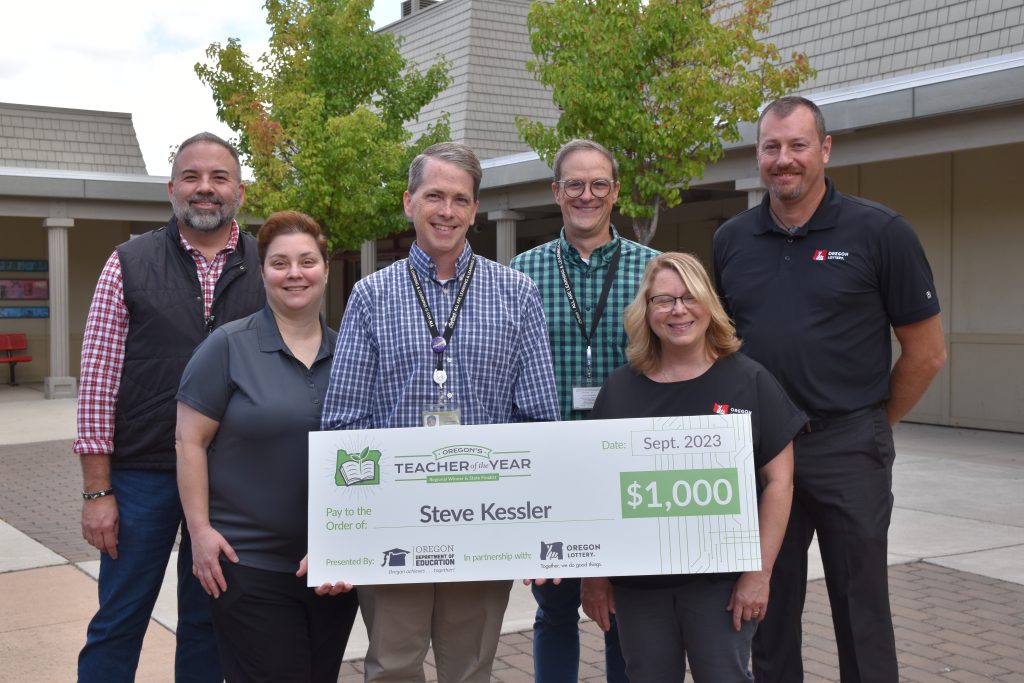



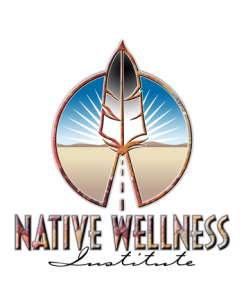
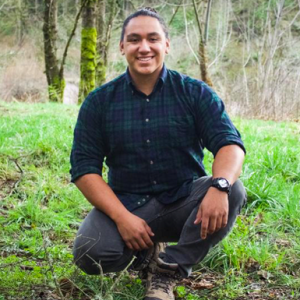 Josh is from the Kiowa, or Ka’igwu people in Oklahoma, and the kingdom of Tonga in the South Pacific. He is a certified outdoor instructor and facilitator, with an associate’s degree from Whitireia Polytechnic in Wellington, New Zealand. He has traveled extensively in the South Pacific for work and service including: Papua New Guinea, Tonga, and Australia. Most recently he has worked in the Tonto National Forest in Arizona as a trail walker, coordinator, and trainer for an outdoor behavioral healthcare foundation. From the age of 14, Josh was given a position in a military society of his tribe, and trained as a youth leader to preserve and share traditional knowledge with his generation. He seeks to honor and share that knowledge with everyone. “My hope is that I can help reintroduce people from all walks of life to our First Mother in all her wisdom and beauty. I hope to inspire healing, harmony, and connection through the use and passing of traditional skills in the outdoors.”
Josh is from the Kiowa, or Ka’igwu people in Oklahoma, and the kingdom of Tonga in the South Pacific. He is a certified outdoor instructor and facilitator, with an associate’s degree from Whitireia Polytechnic in Wellington, New Zealand. He has traveled extensively in the South Pacific for work and service including: Papua New Guinea, Tonga, and Australia. Most recently he has worked in the Tonto National Forest in Arizona as a trail walker, coordinator, and trainer for an outdoor behavioral healthcare foundation. From the age of 14, Josh was given a position in a military society of his tribe, and trained as a youth leader to preserve and share traditional knowledge with his generation. He seeks to honor and share that knowledge with everyone. “My hope is that I can help reintroduce people from all walks of life to our First Mother in all her wisdom and beauty. I hope to inspire healing, harmony, and connection through the use and passing of traditional skills in the outdoors.”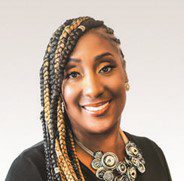
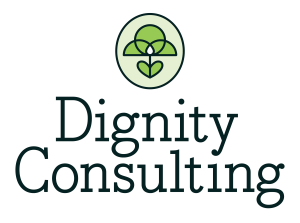
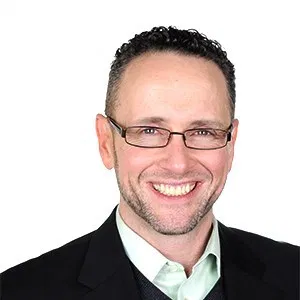
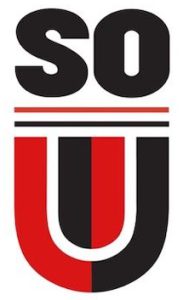 Special announcement!
Special announcement!